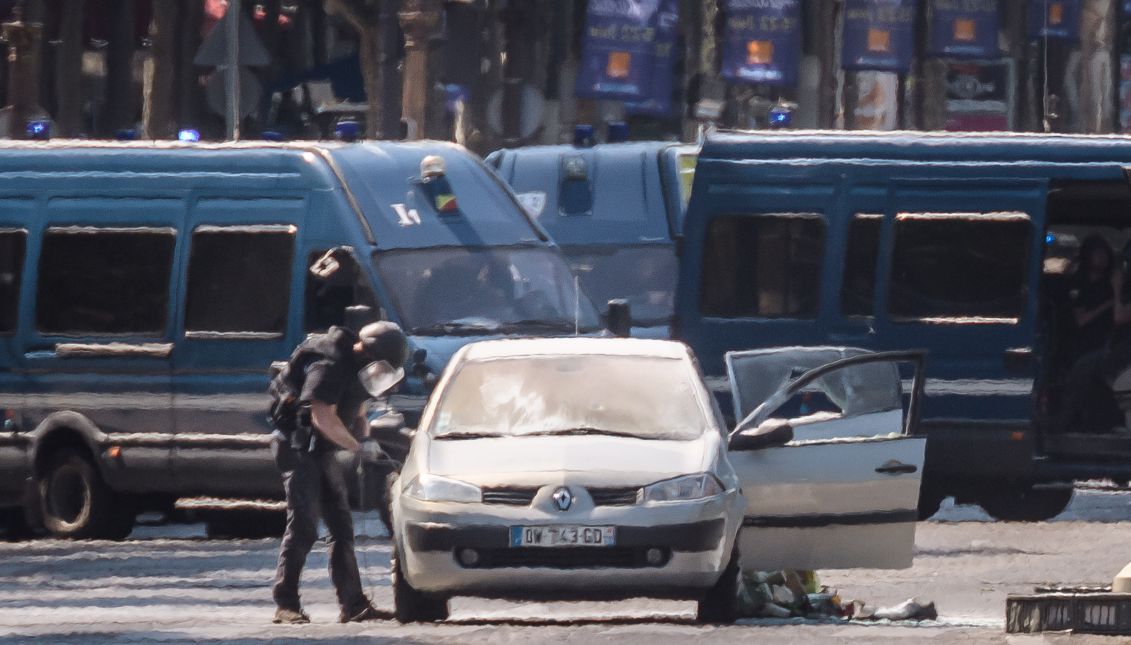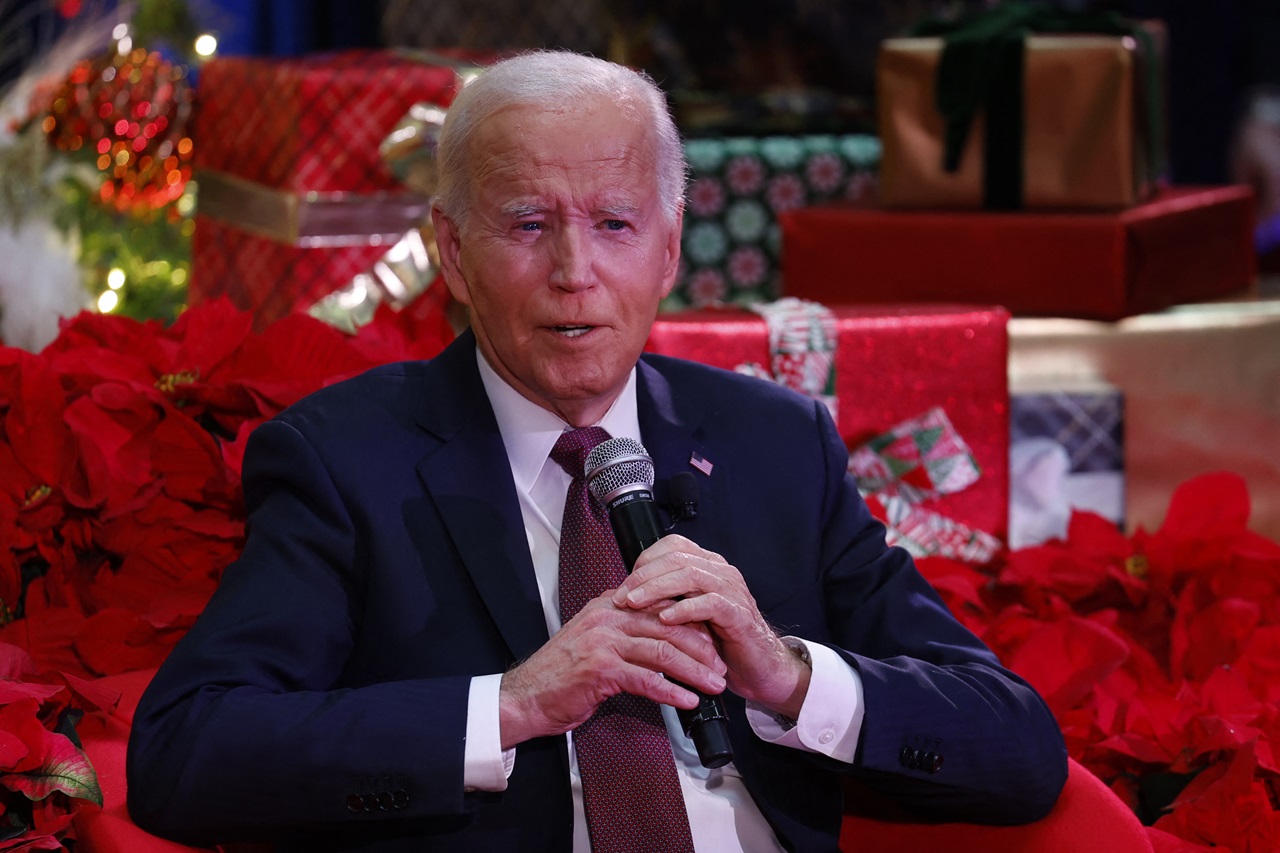
Tense Times in Europe
An anti-Muslim attack in a London mosque on Saturday was followed by a frustrated terrorist attack on Monday in Paris, where an armed man identified as an…
Europe did not have a good starting of the week. On Monday, less than two days a man attacked a London mosque with a van, killing one person, an armed man was killed in Paris after he rammed a car loaded with weapons and explosives into a police convoy on the Champs-Élysées. No pedestrians were injured.
Four family members of a man who died when his car exploded after he allegedly rammed it into a French police van on the Champs-Elysées have been arrested, judiciary sources told EFE on Tuesday.
According to media reports, the suspect's ex-wife, brother and sister-in-law were arrested on Monday during a raid on the man's residence in Le Plessis-Pâté on the southern outskirts of Paris.
The suspect, who died in the incident, was a French national in his thirties who had exhibited signs of Islamic extremism, though security services had not found sufficient evidence to justify his arrest.
“There are people on both sides who want the clash of civilizations,” one student told the NY Times after the attack in the London mosque, last Saturday.
RELATED CONTENT
The terrorist attack in the London Mosque had a different tone: British authorities are treating an attack near a London mosque as an act of terrorism against Muslims.
According to The Guardian, the responsible of the attack at the London mosque would be a man from Cardiff, Darren Osborne, 47, who is alleged to have shouted “I want to kill all Muslims – I did my bit” after the hired van hit a crowd of worshipers.
The UK has been victim of three terrorist attacks claimed by the Islamic State in one month.
The terrorist attacks, both in Paris and London, added pressure to the political leaders of Uk and France. Both leaders, Theresa May and Emmanuel Macron, have been recently taken office.
While Theresa May has to deal with two challenges at the same time - refocusing national security program and leading the Brexit negotiations in Brussels- . French president Macron said his government plans to codify into law some aspects of France’s current state of emergency, such as the ability to place people under house arrest without a judge’s prior authorization, as reported in The NY Times.
The withdrawal of UK from the EU opens new challenges for the future of European borders. For example, Britain and the E.U. said that they want to preserve Ireland’s open border. But the E.U. wants to settle ambiguities about the rights of its citizens now living in Britain, which until now had free right of movement between the two regions. Brussels also wants Britain to pay the union a large but negotiable sum.











LEAVE A COMMENT:
Join the discussion! Leave a comment.